
Bethany Brookshire was a longtime staff writer at Science News Explores and is the author of the book Pests: How Humans Create Animal Villains. She has a B.S. in biology and a B.A. in philosophy from The College of William and Mary, and a Ph.D. in physiology and pharmacology from Wake Forest University School of Medicine. She was a 2019-2020 Knight Science Journalism Fellow at MIT, the winner of the Society for Neuroscience Next Generation Award and the Three Quarks Daily Science Writing Award, among others.

All Stories by Bethany Brookshire
-
 Brain
BrainExpecting pain? That could really make it hurt worse
How much someone expects something to hurt affects how their brain processes the pain, and how well they learn from it.
-
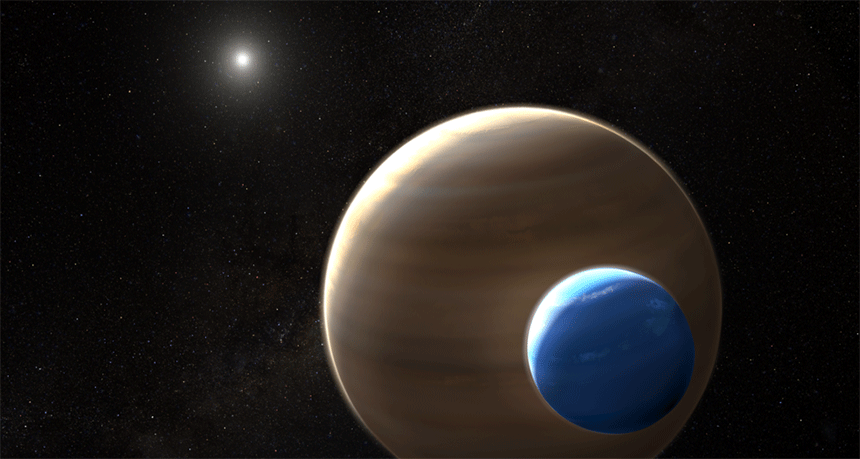 Planets
PlanetsScientists Say: Exomoon
A moon that orbits a planet in our solar system in a moon. But a moon that orbits a planet outside our solar system? That’s an exomoon.
-
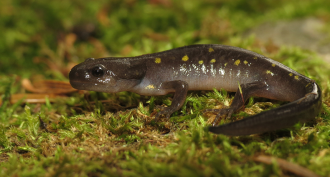 Ecosystems
EcosystemsMosquito repellent could pose risks to baby salamanders
Two ingredients in bug repellant — DEET and picaridin — can end up in streams. There, they may hurt salamanders but leave mosquitoes alone, a study finds.
-
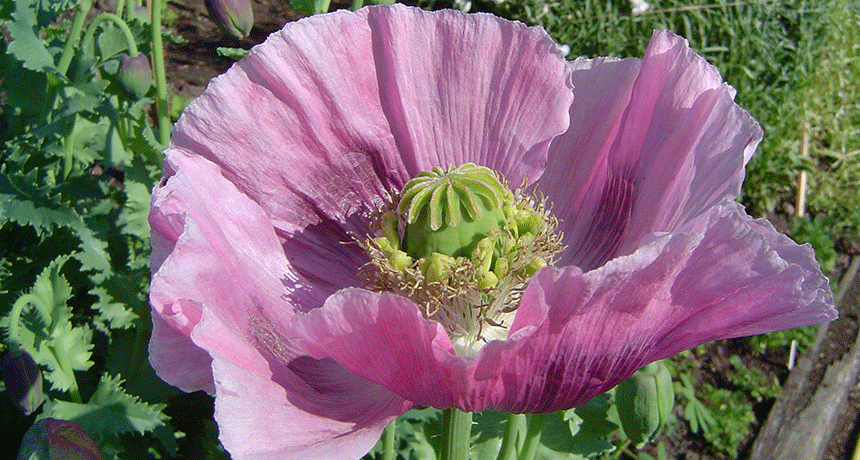 Brain
BrainScientists Say: Opioid
Opioid drugs work in the brain to stop pain. But the drugs also produce pleasure, which can make people want to take them over and over again.
-
 Physics
PhysicsSoggy cereal gives clues to how rock dams collapse
To find out how ice sheets move and rock dams collapse, two researchers turned the attention to breakfast cereal.
-
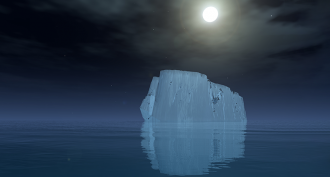 Ecosystems
EcosystemsWelcome to the Arctic’s all-night undersea party
Life teems in the frozen darkness of the Arctic night. But as the ice recedes and people move in, their light pollution may disturb the animals living there.
-
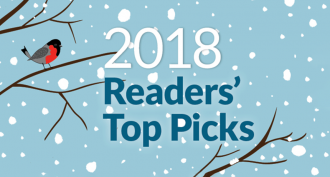 Science & Society
Science & SocietyHere’s the science you loved in 2018
When our readers read about science, they want to read about research that hits close to home, like smartphones, chocolate, vaping and more.
-
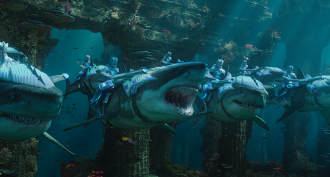 Oceans
OceansWhat makes Aquaman special? He can take a lot of pressure
The new Aquaman movie makes life under the sea look pretty glamorous. In fact, we puny humans probably couldn’t take the pressure.
-
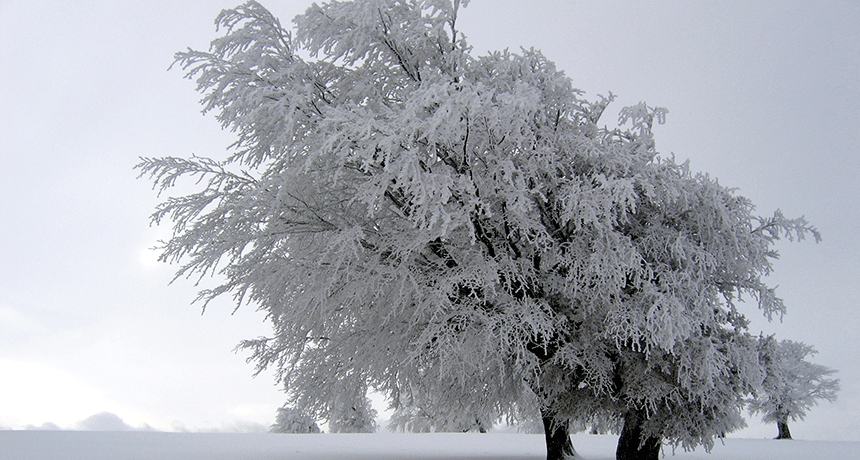 Climate
ClimateScientists Say: Rime ice
Rime ice is ice that forms when water freezes in a snap onto a surface.
-
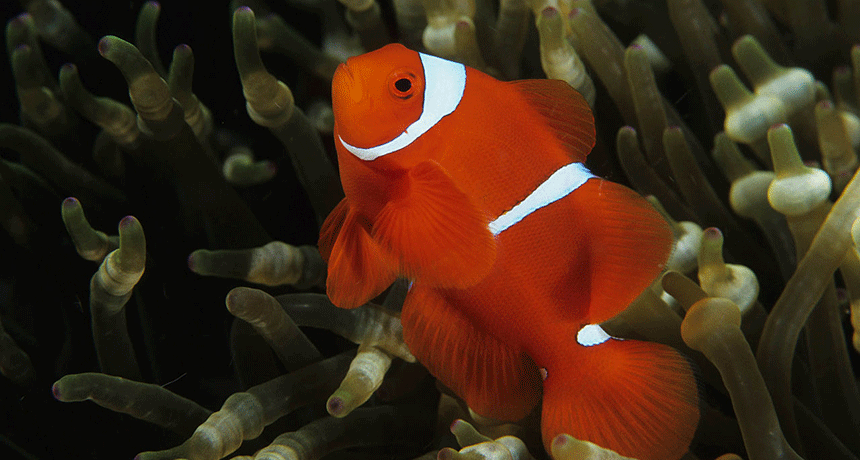 Ecosystems
EcosystemsScientists Say: Symbiosis
Two species can live together and support each other in a relationship called symbiosis.
-
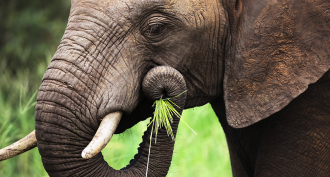 Animals
AnimalsHow do elephants eat cereal? With a pinch
Elephant trunks can grab everything from whole trees to cereal bits. To pick up fine grains, they press, then pinch.
-
 Math
MathScientists Say: Statistical significance
Statistical significance is a phrase that describes how often a scientific difference might occur by accident.